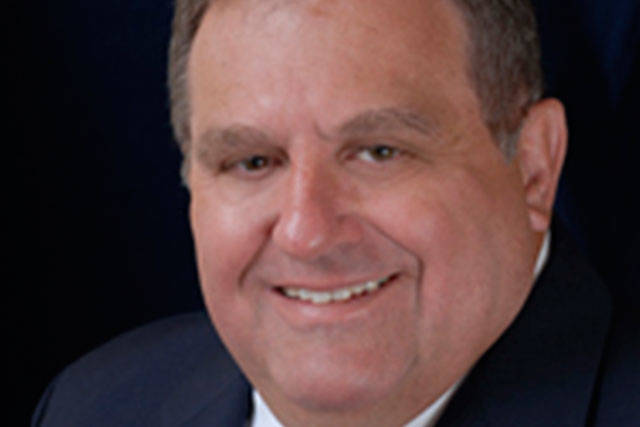Before lawmakers wrap up their work in Olympia, they should re-examine their hefty new state spending plan. The budget may not be sustainable even with a substantial increase in taxes. It may force legislators to return to the state capitol to cut workers, programs and services or even hike taxes yet again.
It has happened in the past.
For example, in the early 1980s, Gov. John Spellman (R) and a Republican legislature were forced to meet in special session continuously to deal with rapidly dropping revenues. They had to raise existing taxes and add new ones to bail out the inflated budget.
In 1979 before leaving office, Gov. Dixy Lee Ray (D) and Democrat legislators insisted on implementing statewide funding for basic education ahead of schedule. There was added revenue coming from a prosperous economy, but the economy quickly tanked a year later.
State spending jumps by 18 percent ($8.150 billion) over the next two years and $1.4 billion in new taxes are required to balance it. This increase comes on top of a nearly 17 percent hike in the current budget.
The new $52.6 billion budget requires a new 9.9 percent “extraordinary profits” capital gains tax, a two-thirds increased business and occupation taxes on service-sector employers, with an even higher rate on large tech companies, and a graduated real-estate excise tax.
Critics say the spending plan for the next two years is too high and existing revenues provide plenty of money to meet state services. They point to the most recent state Economic and Revenue Forecast Council (ERFC) report which found the state should collect $307 million more in the rest of the current two-year budget and an additional $553.5 million in 2019-2021, the budget legislators are tackling during this session.
The new expenditure plan also is based on an unusually long period of economic prosperity. One of the brightest segment has been aerospace led by Boeing. An updated study by Aerospace Works for Washington (AWW), a coalition of business and elected officials, shows Washington’s aerospace industry is responsible for more than 83,000 direct jobs, 224,000 total jobs and total revenue of $94.4 billion. That’s 10 percent of the state’s economy.
AWW estimated in 2018, the aerospace industry made estimated direct tax payments — including B&O, sales & use and other tax categories — of $192.3 million. The total fiscal impact of the aerospace industry, including taxes paid by businesses associated with aerospace through indirect and induced impacts, summed to an estimated $567.1 million last year.
Unfortunately, there are signs the economy is weakening and the AWW study was completed before the 737 Max 8 crashes in Indonesia and Ethiopia and the subsequent grounding of all Max aircraft until software and sensor equipment is modified.
That grounding is having a dramatic impact of Boeing’s production at the Renton plant. It is expected to be extremely costly. Already, 737 output has been reduced to 2014 levels dropping from 52 planes per month to 42. The financial impact will trickle down to state and local revenue collections.
While Boeing engineers are working feverishly to make modifications and get approval from the Federal Aviation Administration (FAA) and other government regulators across the world, the company sales team is attempting to prevent order cancelations and additional delays. No one knows how much it will cost or when the Max will go back into service.
Before heading home later this month, lawmakers should do an 11th hour reassessment of the budget and the revenues which they plan to balance the new budget. It would be better to adjust it now, rather than later in special session.
Don C. Brunell is a business analyst, writer and columnist. He recently retired as president of the Association of Washington Business, the state’s oldest and largest business organization, and now lives in Vancouver. He can be contacted at theBrunells@msn.com.


